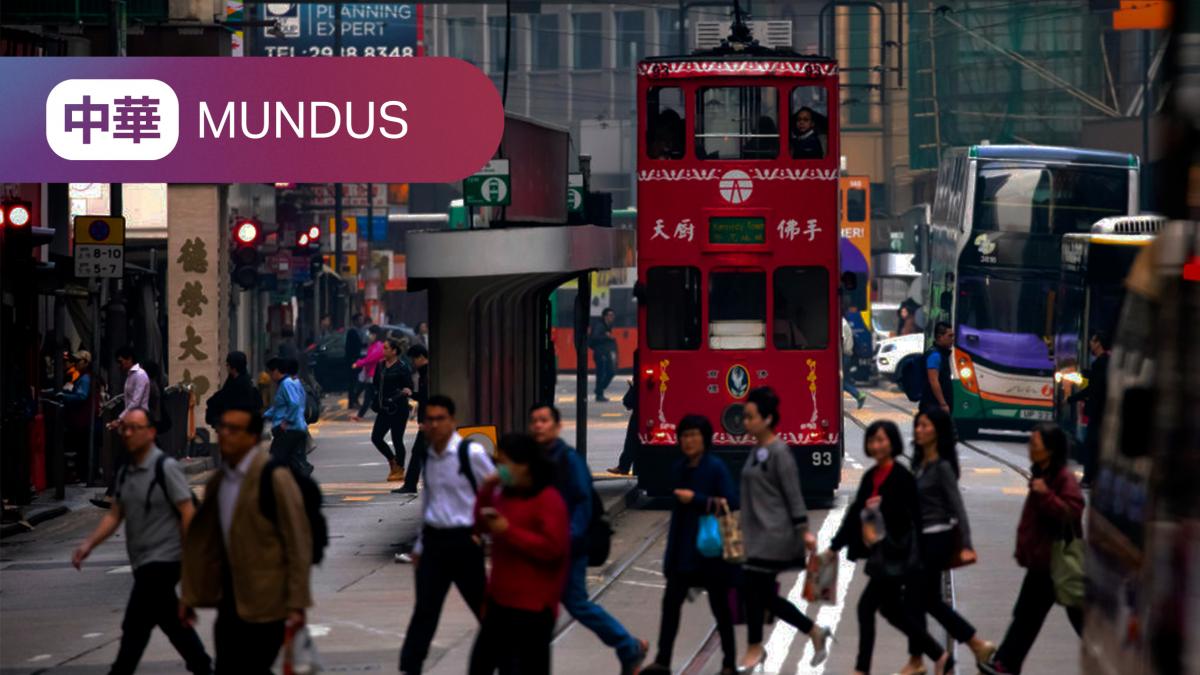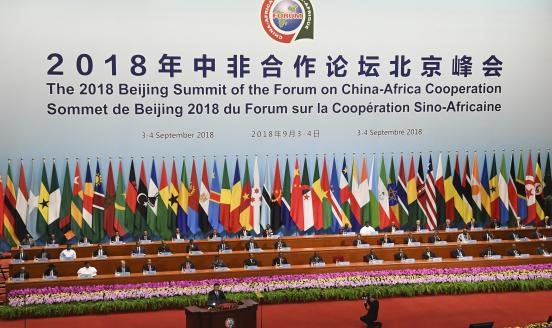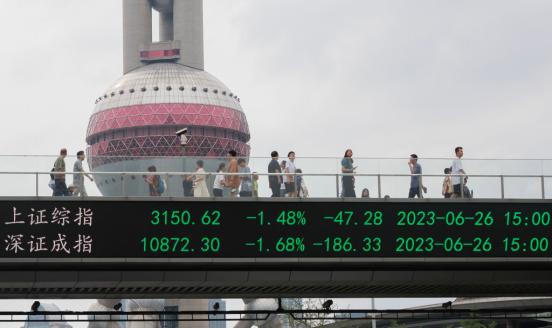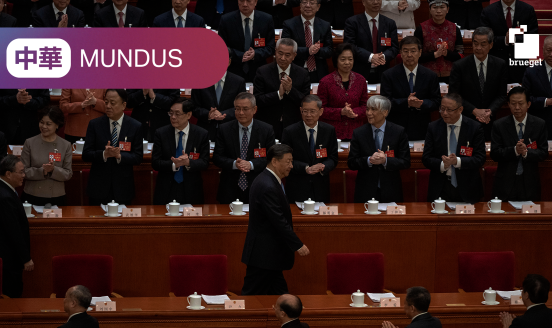China's good relations with Africa rely more on narratives than economic impact


China’s presence in Africa is not a new story. Mao Zedong built strong political ties with Africa whilst in power in the mid-1900s, when China’s economic ties remained tame because of its limited economic size and its own development problems. Deng Xiaoping, Zedong’s successor, in contrast, was much more focused on his 'reform and opening up' strategy than in developing relations with the Global South. China’s trade relations with the US and Europe ballooned after its accession to the WTO, but it took much longer to experience the same increase with the Global South, including Africa.
It wasn’t until 2008 when, in the response to the global financial crisis, China issued a massive fiscal stimulus which rapidly accelerated the trade between China and the emerging world. The quantum leap in bilateral trade between China and Africa began with Chinese imports of commodities from Africa. This led to a sizable increase in commodity prices and a temporary trade surplus for African economies. Since then, Africa has restlessly increased its imports from China, substituting those from Europe, which used to be China’s largest trading partner. China has actively been Africa’s largest trading partner both for imports and exports for years now, but trade has become increasingly unbalanced in China’s favour.
Trade is not the only thing that pulls China and Africa together. There are many other economic factors such as investment and financing, but most importantly, a common narrative of South-South relations that has existed since the era of Mao Zedong.
Regarding foreign direct investment (FDI), China’s investment in Africa is still smaller than that of Europe, which is quite important given that investment is at the heart of Africa’s needs. It is the continent with the fastest growing population, while still receiving less FDI than any other emerging region (except for Central Asia). Africa’s thirst for FDI would be even clearer if its FDI per capita was calculated, as it would show that Africa possesses by far the lowest in the world.
As if this were not enough, most of the FDI that China issues focuses on energy and metals, with a very small share given to manufacturing. This implies that China’s FDI into Africa generates relatively little employment. According to estimations by fDimarket, employment generated by Chinese FDI in Africa is lower on average (only 1.78 people for every $1m investment) than that of China’s greenfield investment into other regions of the world (2.24 people for every $1m investment).
How come China is perceived as the largest investor in Africa if this is not the case? One reason is that the difference between FDI and borrowing is sometimes unclear. China has massively increased its project finance in Africa to build major infrastructure projects. Those projects, however, have piled up debt, which Africa now needs to repay, mostly to China. In other words, China’s FDI in Africa is much smaller than its lending.
According to estimates based on a big data set of international media, GDELT, China’s image in Africa has been deteriorating as a result of this increased debt. This was especially true during the pandemic with some limited improvement since.
Despite the worsening sentiment, there is still a very positive narrative about China, a country of the Global South, having become a contender of the hegemon, the United States. It is important to analyse China’s narratives with the Global South, especially with Africa, because China’s narrative projected a win-win solution to the infrastructure problems of the Global South, namely the Belt and Road Initiative (BRI).
Since Russia’s invasion of Ukraine, the BRI has evolved into a more political- and security-focused narrative with the Global Development Initiative, the Global Security Initiative and more recently, the Global Civilization Initiative. Those concepts are clearly appealing in Africa as they can help countries in the continent unite their hopes and expectations about their own development, by emulating China’s rise to power. China’s new narrative is less grounded in economic relations, but more in security and domestic growth, which poses an important question as to how Africa is going to mitigate its growing economic imbalances with China in the future, let alone repay its mounting debt.
ZhōngHuá Mundus is a newsletter by Bruegel, bringing you monthly analysis of China in the world, as seen from Europe.
This is an output of China Horizons, Bruegel's contribution in the project Dealing with a resurgent China (DWARC). This project has received funding from the European Union’s HORIZON Research and Innovation Actions under grant agreement No. 101061700.




